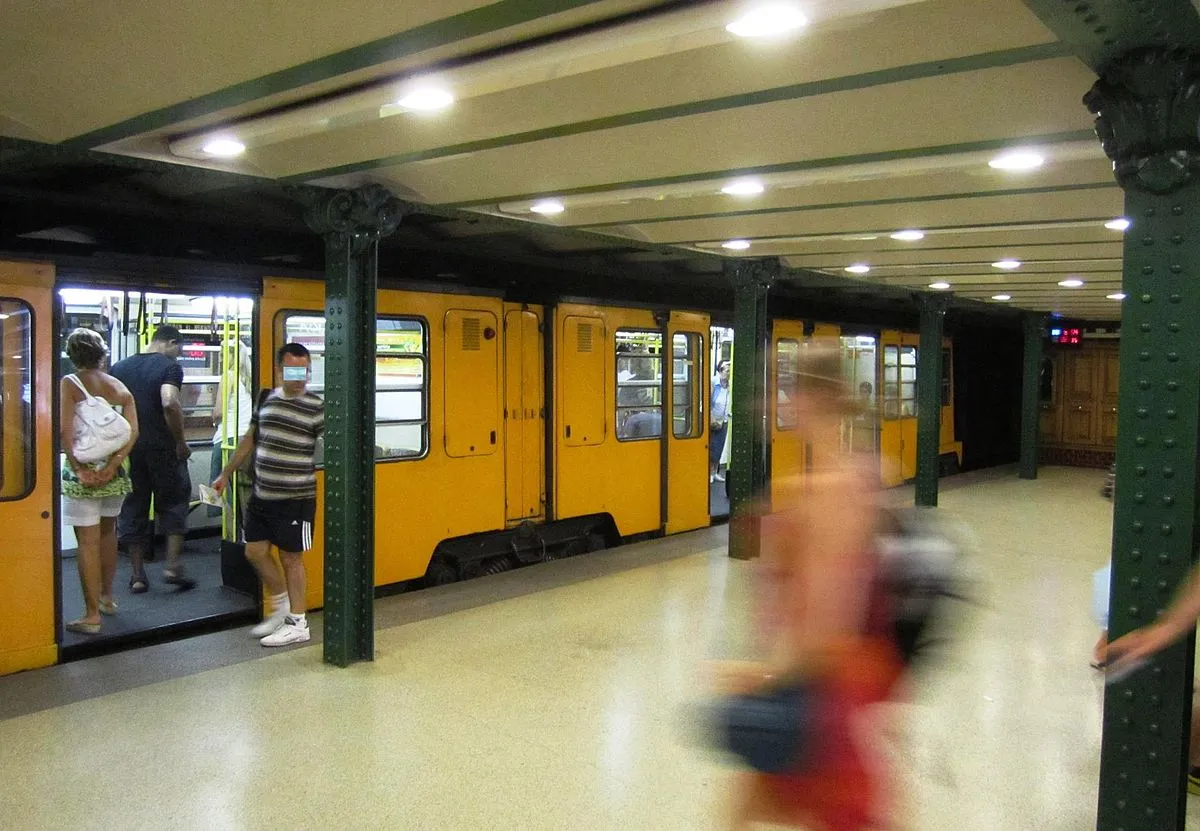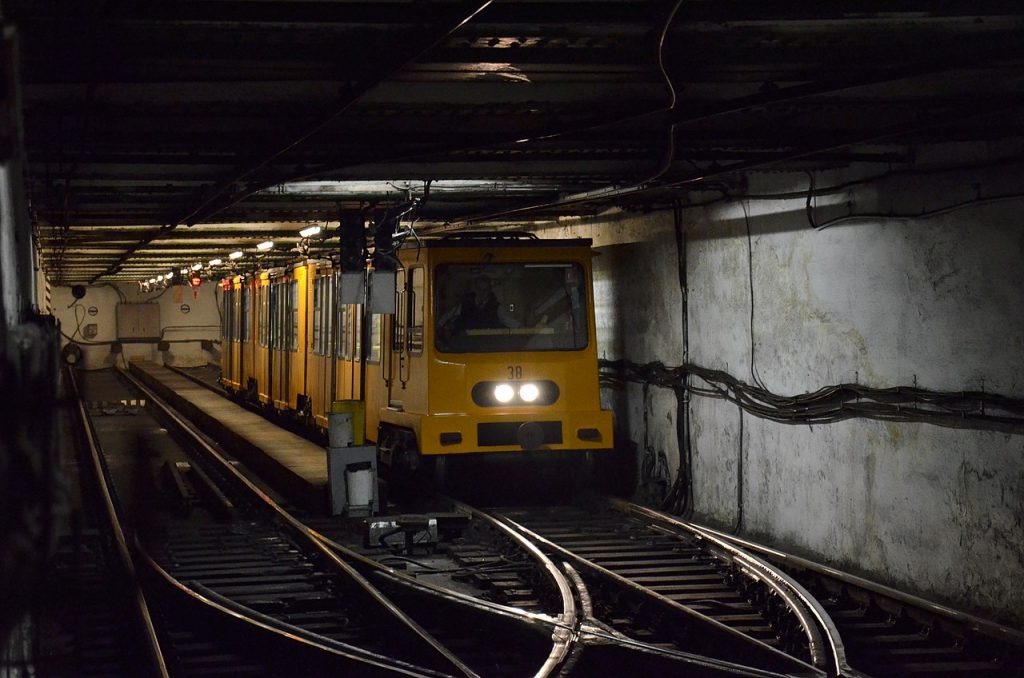Phenomenal success: CNN selects Budapest metro line as the world’s best

Change language:
CNN has selected an iconic Budapest metro line as one of the world’s best, citing it as a revolutionary advancement in metropolitan public transport.
Budapest metro line among the world’s best
According to Mandiner’s report about CNN’s heart-warming choice, CNN has singled out the Budapest Metro Line M1, inaugurated in 1896, as one of the world’s 18 best metro systems.
In their article, the authors noted that London boasted the world’s first subterranean railway lines, with the inaugural British subway carrying passengers in 1863. Presently, it comprises 272 stations, spans 400 kilometres and encompasses 11 lines.
The first underground railway system in London operated with steam trains, while Budapest pioneered the electrified subway system. The iconic Budapest Metro Line M1, opening in 1896, coincided with the millennium year.

Celebrating the millennium with a metro line
The Kingdom of Hungary was at the height of its power in 1867, marked by the compromise with the Habsburg emperor, propelling Hungary towards rapid economic growth. Among other accomplishments, Budapest, the magnificent capital city, emerged on both banks of the Danube, with its numerous castles, palaces, parks and baths.
In 1896, the nation celebrated the millennium of the Conquest of the Carpathian Basin, with the completion of landmarks like Heroes’ Square, City Park, Andrássy Avenue and other emblematic public spaces and buildings in the capital. Budapest mirrored the capital of a global power, which the Austro-Hungarian Monarchy represented in those days.







Our “Little Train” – Yellow Line, is Fantastic.
It’s History just a FABULOUS read, and to think, all these decades on, it’s IMPORTANCE to our Capital City, just FANTASTIC.
It’s practically at the front door of our house “to ride” from Vorosmarty ter, and use it we do practically daily, and taking visitors for a “Little” Metro Train ride often.